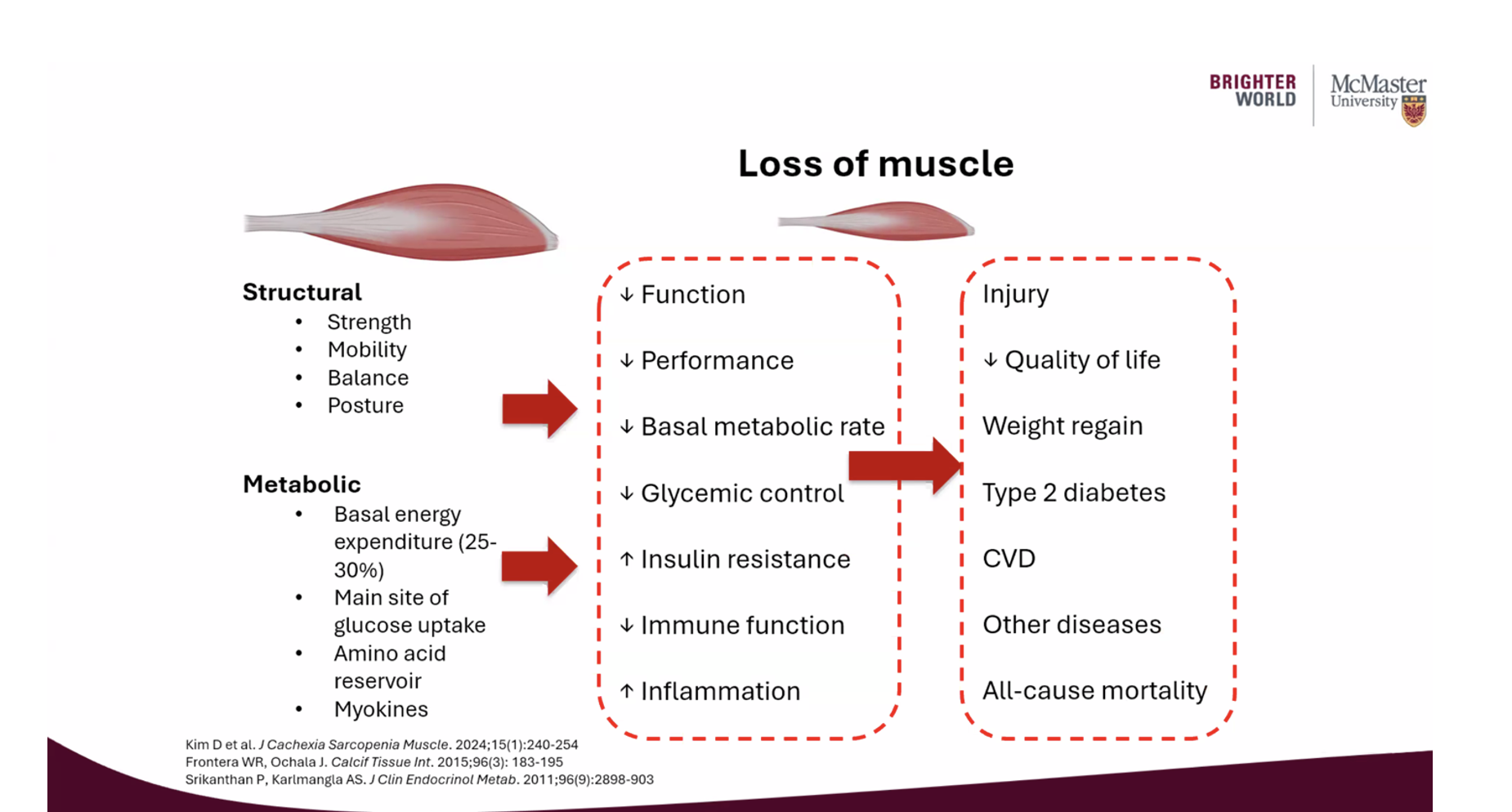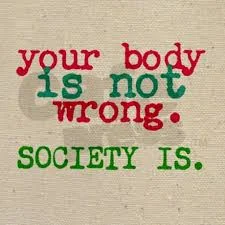In my previous post, I discussed irritable bowel syndrome (IBS) and some of the challenges many individuals face with getting an appropriate diagnosis and/or living their life with chronic pain and GI upset. In this post, I will discuss the low FODMAPs diet, one of the most promising treatments for IBS.
The Search for a Cause of GI Issues
It's long been recognized that certain foods can cause uncomfortable GI symptoms, such as bloating, gas and/or pain. Many people have successfully narrowed down their own individual triggers by eliminating (temporarily or permanently) these suspected foods or ingredients from their diets in a trial and error fashion - e.g. maybe they cut out milk and dairy, or perhaps they don't eat sugar-free foods that cause uncomfortable bloating. The problem with this strategy is that there can be unintended consequences, such as eliminating something that isn't actually the cause of the problem and thus, possibly adversely affecting overall nutrition, or masking another important health issue.
An example of the second scenario is when individuals think gluten might be causing a problem for them, so they cut it out of their diet, at least some of the time, but they don't get tested for celiac disease. Now they don't eat gluten-containing foods very often, but they still enjoy their weekend pancakes or pizza or cookies. The problem with this is that someone with celiac disease really must eliminate ALL gluten. Otherwise they risk malnutrition, permanent damage to their small intestine, and myriad other issues. And if, as a(n undiagnosed) celiac sufferer, they are still eating gluten occasionally, eventually they will face serious health issues in the future. So, the bottom line is, we want to really know what is at the root of GI symptoms to ensure the most diverse and healthy diet possible. Trial and error just isn't enough. We need a systematic approach. In this example, we'd want the individual to be tested first for celiac disease, and if that was negative, then they might pursue a different strategy, such as the low FODMAPs diet.
The History of the low FODMAPS Diet
Nutrition researchers have long been studying IBS and food intolerances, and seeking to gain insights into what dietary changes can be made to help individuals with painful gut symptoms feel better. Some of the research focused on specific foods or food ingredients, while other research has looked at overall digestive processes and GI physiology. The low FODMAPs diet arose from both of these.
The Low FODMAPS diet was developed by researchers at Monash University in Australia and originally introduced in 2006. The diet is centered around the premise that certain types of carbohydrates found in foods (short-chain carbohydrates) are not well absorbed by certain individuals, leading to the uncomfortable symptoms of IBS. These poorly absorbed carbs can: be fermented in the gut (gas, pain and bloating), draw water into the gut (causing distention and pain), affect changes in gut motility (e.g. how fast or slow a food is digested, leading to diarrhea or constipation), and cause changes to overall gut bacteria (which can be related to a host of other issues). Often, there are also some "chicken and egg" scenarios as well, where individuals with IBS have extra sensitive GI systems and are hypersensitive to pain and discomfort, or they are rapid digesters of certain foods. Thus, the combination of both carbohydrates and anatomy can lead to extremely painful GI symptoms. (Note: environmental issues such as stress can also affect IBS symptoms, and I'll discuss that in a future blog post).
What are FODMAPs?
FODMAP is an acronym for the following short-chain carbohydrates (based on either their structure or their action in the gut):
F = fermentable
O = oligosaccharides (fructans and galaco-oligosaccharides)
D = disaccharides (lactose)
M = monosaccharides (excess fructose)
A = and
P = polyols (sugar alcohols such as sorbitol, maltitol, mannitol, xylitol, isomalt)
Each of these different types of carbohydrates may be found alone or in combinations in various types of foods, including fruits, vegetables, seeds, nuts, grains and sweeteners. Some foods may have just a small amount of one of these carbs, while others may have high amounts. It is the high amounts that tend to cause the biggest issues for most individuals (however, each individual may also have a different tolerance to specific FODMAP carbs. I will discuss this further in another future blog post).
You can find lists of foods that contain high amounts of FODMAPs in the Monash University app (which is regularly updated and the "bible" for FODMAP content of foods) or at Kate Scarlata, RD's website. Kate was one of the first dietitians in the US (along with Patsy Catsos) to be trained in this diet and she is a wealth of information on this topic.
How it Works: The Low FODMAP Diet Process
The low FODMAPs diet is undertaken in several phases, including: Elimination, Reintroduction and Modified/Personalized phases, with each phase building on the one previous.
1. In the Elimination phase, the individual eliminates all high FODMAP foods according to the guidelines provided by Monash University, which are based on years of research that has tested the FODMAP content of thousands of foods. The goal of this phase is to eliminate foods that may be causing GI symptoms and achieve good symptom control (e.g. get you feeling better!). This is a temporary, 2-8 week phase.
2. Reintroduction: Now that (ideally) symptoms have been reduced significantly, in this phase, each of the individual FODMAPs groups (e.g. fermentable, oligosaccharides, and so on) are reintroduced to the diet one by one, in small doses. This allows the IBS sufferer to reintroduce or test each FODMAP group separately and to see which ones tend to cause the most symptoms when they are eaten. This is a rather complex and time-consuming phase, and individuals strongly benefit from working with a dietitian who is certified in implementing this diet. This phase can last from 8-12 weeks, depending on how many food challenges one undergoes.
3. Modified/Personalized Low FODMAPs Diet: This is the long-term goal, where an individual is now able to eat a diverse range of nutritious foods. They will avoid the FODMAPs (or eat in very small amounts) that cause them GI distress, but they might also be able to add back in other foods they might not have previously tolerated. This phase is very individual and will be based on the results of the challenges from phase 2. As an example, some people may find that lactose is a huge problem for them, so they need to avoid most dairy products (or seek lactose free options), but fructose is just fine and they can now enjoy things like cherries, mangos and honey. Other individuals may find that polyols and excess fructose really bother them, but small amounts of oligosaccharides are ok.
This systematic elimination and reintroduction process allows individuals to develop a diet that is best for them and ideally, eliminates the fewest amount of foods possible (while also ensuring they feel better!). The problem with many other elimination diets is that they are too broad and often permanent, which can lead to nutritional deficiencies and/or health problems. The personalized nature of the low FODMAPs diet is designed to ensure that only the problem foods are eliminated, and that we don't "throw the baby out with the bathwater."
If it sounds complicated, it's true that it can be. But it can absolutely be worth it for individuals who are struggling to manage day-to-day life because of constant GI pain and upset.
If you have IBS and think a low FODMAPs diet might be useful for you, feel free to contact me for more information. I am a Monash University Certified Low FODMAPs Dietitian.














